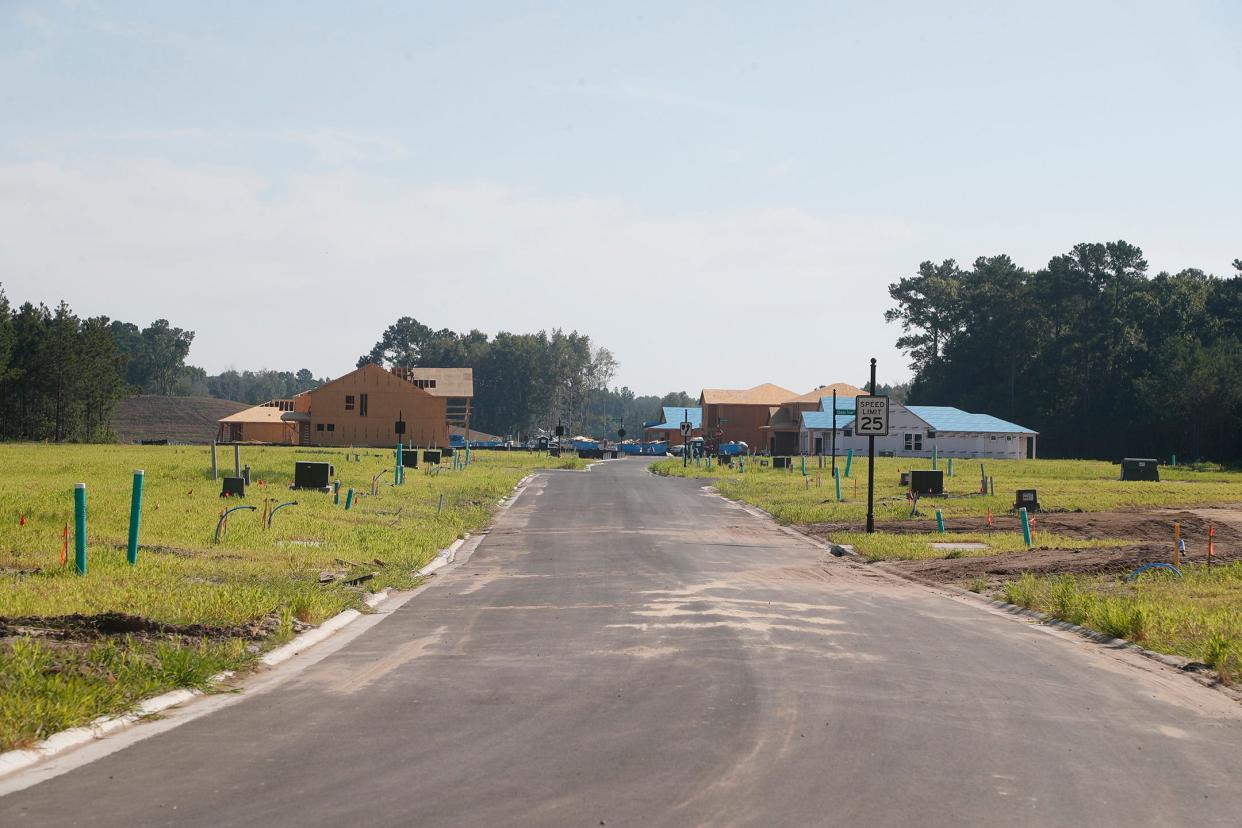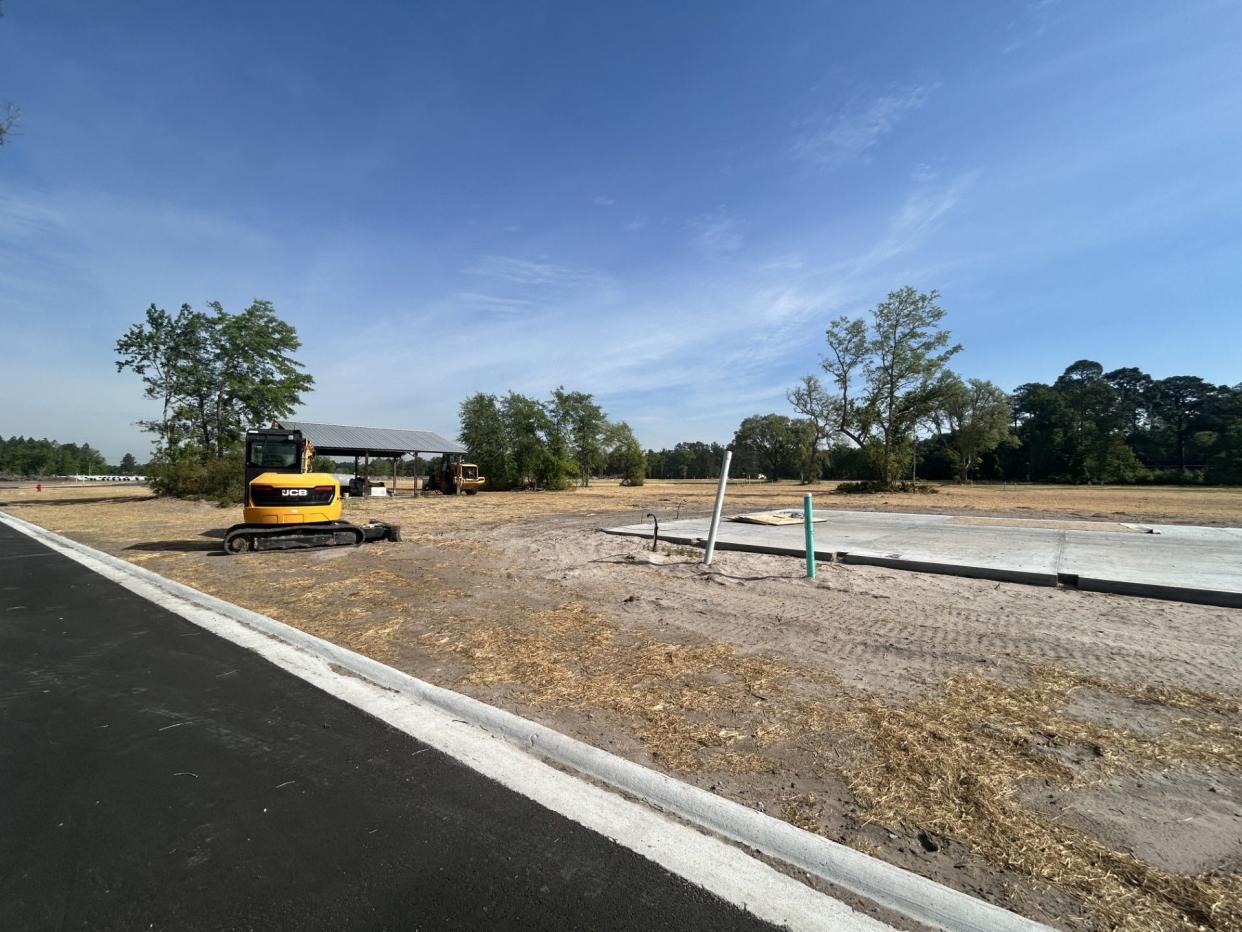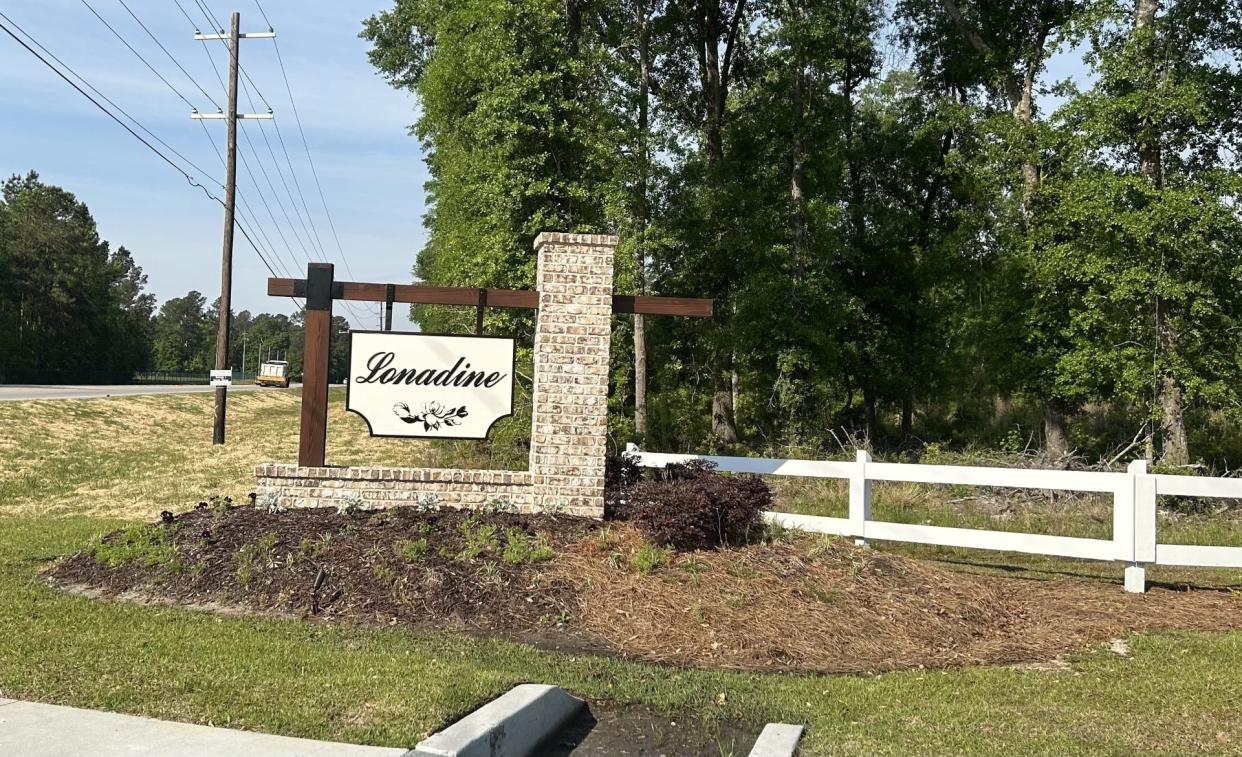SEDA, Georgia Tech team up for housing study amid area’s booming population growth

Coastal Georgia’s boom in new industries, coupled with its population increase, has forced local authorities to pause and take into account where the influx of newcomers holding these new gigs will lay their head at night. Chatham County alone, for example, has a housing deficit of 9,300-10,000 units, especially to support workforce housing for those making 60% to 120%. of area median income.
The Savannah Economic Development Authority (SEDA) is teaming up with Georgia Tech for a Comprehensive Coastal Georgia Housing study, which was introduced during SEDA's monthly meeting Tuesday. The research will take inventory of the housing stock in Bryan, Bulloch, Chatham and Effingham counties, as well as the city of Savannah to determine the best areas for housing growth.
What does a housing study do?
Each county and the City of Savannah will pay $20,000 for the study. A state grant worth $100,000 will go toward the project.
More: ‘On the clock’: Local officials gearing up for start of production at Hyundai
Betsy McGriff of the Center for Economic Development Research at Georgia Tech said this kind of research is imperative to ensure communities are built to grow over time.
“We do this to make sure your infrastructure can handle the development you propose,” said McGriff. “What we are doing will be a community engaged process.”
Can laborers afford to live here?
There is one major issue looming regarding the housing boom that is expected to occur. Many of the homes in the area are out of reach financially.
“You look at wages and if there’s a mismatch between wages on the market and the cost of homes, that might be considered in terms of what you try to drive as far as construction,” said McGriff. “If the demographic shows a certain area has a one-person household, you may consider smaller homes. The government can issue a request for proposal and work with the development authority to drive the kind of development they want to public property [that they own]. The big piece is, time is money. The more you can streamline that process - you can drive down the cost of development.”

According to the real estate website Redfin, the average home prices in each county are:
Bryan County: $430,000
Bulloch County: $265,000
Chatham County: $352,000
Effingham County: $318,000
According to the U.S. Census Bureau, however, the average median household income across the four-county region is shy of $75,000, which means most households could not afford a home above $245,000 without being cost burdened.
Georgia Congressman Buddy Carter said during a previous interview that the state has been “addressing” the need for funding to go towards workforce housing.
“That’s extremely important,” said Carter. “Federal funds have been flowing through the state to address that. We are going to make sure they have what they need.”
Carter did not provide a dollar amount.
While some counties allow the market to determine the price of homes, McGriff said there are ways to mitigate the cost. She said it is important to attract developments that “the CEO and the security guard can afford.”

McGriff said she grew up in a rural community and understands the hardships that come with change and said that community character will be considered as Georgia Tech conducts its research.
She added that because Georgia is a property rights state, owners, for the most part, have control over their land.
"You can’t shut the gate and tell people not to come. What you can do is drive development to the places where services are appropriate and preserve green spaces. We are cognizant of that but we also want to be welcoming of people that are investing in the community. You have to balance that out.”
The study is slated to be complete by October.
Latrice Williams is a general assignment reporter covering Bryan and Effingham County. She can be reached at lwilliams6@gannett.com.
This article originally appeared on Savannah Morning News: Coastal Georgia communities to participate in housing study
